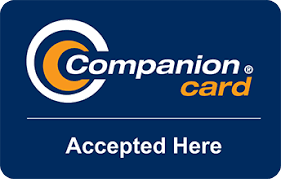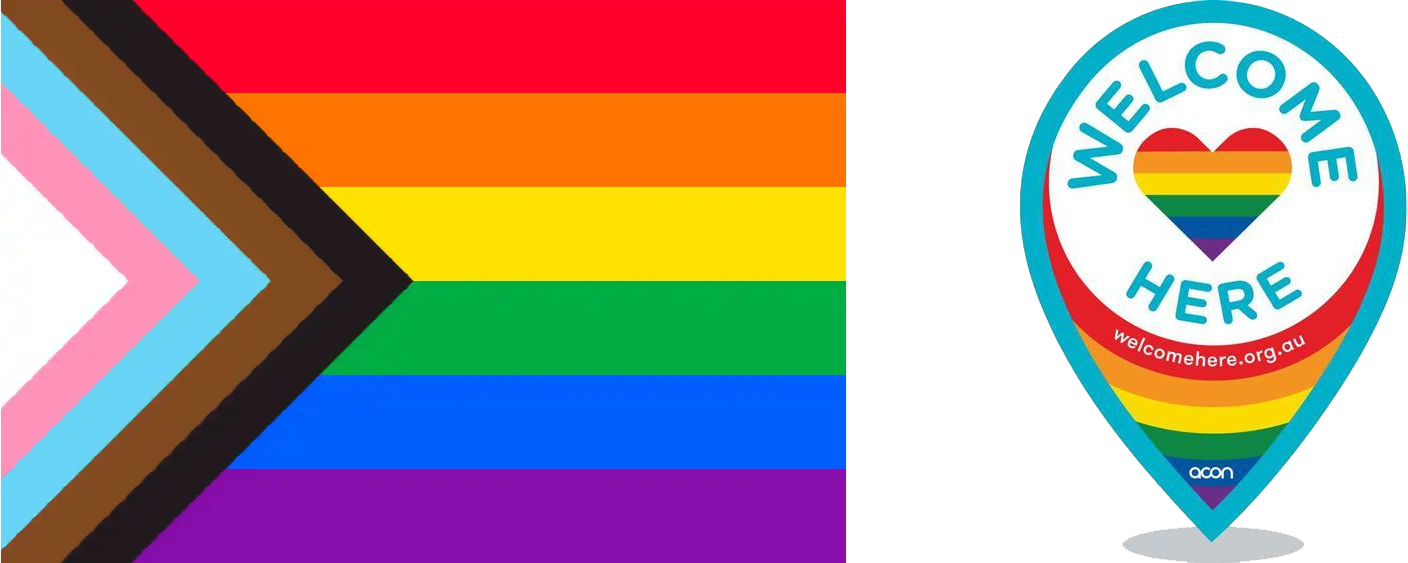Any Questions?
The Companion Card: Helping Seniors Stay Connected and Active
As we get older, staying socially active and engaged with the community is essential for our well-being. But for some seniors, mobility challenges, sensory impairments, or other health conditions mean it’s not always possible to get out without support from a family member, friend, or carer.
The Companion Card is a simple, practical way to make those outings easier and more affordable. In NSW, it’s not just accepted at theatres, sporting matches, museums, and festivals; it also allows your support person to travel for free on public transport, making day trips, medical appointments, and city outings more accessible.
What is the Companion Card?
The Companion Card is a government program available across Australia for people who need the ongoing support of a companion when accessing community activities, venues, or transport.
With the card, your companion’s ticket or entry is free; you only pay for your own. That means you can enjoy concerts, exhibitions, sporting events, or a trip to the movies without paying for a second ticket.
Who Can Apply?
The Companion Card is for people who meet all of the following criteria:
1. Permanent Disability or Condition
You have a permanent disability or significant, ongoing health condition (temporary conditions don’t qualify).
2. Ongoing Need for Support
You always require the assistance of another person to participate in community activities.
3. Inability to Participate Without Help
You cannot attend most community venues or events without that support.
4. Residency
You live in the state or territory where you are applying.
Examples for Seniors
Many older Australians meet these requirements because of:
- Mobility limitations (e.g., needing a wheelchair, walker, or help to move safely).
- Vision impairment or blindness.
- Significant hearing loss that requires assistance with communication.
- Dementia or cognitive impairment.
- Medical conditions that require help with personal care while out.
What Evidence Do You Need?
When applying, you must provide evidence to confirm your eligibility. This usually includes:
1. Professional Verification
Part of the application form must be completed by a qualified health or disability professional, such as:
- Your GP or specialist
- Occupational therapist
- Physiotherapist
- Psychologist
- Registered nurse
- Social worker
- Case manager (e.g., through My Aged Care services)
They will confirm that:
- Your condition is permanent.
- You require ongoing assistance in community settings.
- The type of support you need (mobility, communication, personal care, etc.).
2. Supporting Documents
This could include medical reports, assessment results, or a letter from your health professional explaining:
- The nature of your condition.
- How does it affect your ability to participate without help.
- Confirmation your need is ongoing, not temporary.
3. Proof of Identity and Residency
- A recent passport-style photo.
- Proof of address in your state or territory (e.g., driver’s licence, utility bill).
What Evidence Do You Need?
When applying, you must provide evidence to confirm your eligibility. This usually includes:
1. Professional Verification
Part of the application form must be completed by a qualified health or disability professional, such as:
- Your GP or specialist
- Occupational therapist
- Physiotherapist
- Psychologist
- Registered nurse
- Social worker
- Case manager (e.g., through My Aged Care services)
They will confirm that:
- Your condition is permanent.
- You require ongoing assistance in community settings.
- The type of support you need (mobility, communication, personal care, etc.).
2. Supporting Documents
This could include medical reports, assessment results, or a letter from your health professional explaining:
- The nature of your condition.
- How does it affect your ability to participate without help.
- Confirmation your need is ongoing, not temporary.
3. Proof of Identity and Residency
- A recent passport-style photo.
- Proof of address in your state or territory (e.g., driver’s licence, utility bill).
How to Apply
Each state and territory manages its own Companion Card program. You can find the official information here:
- ACT:
Companion Card ACT
- NSW:
Companion Card NSW
- NT:
Companion Card NT
- QLD:
Companion Card QLD
- SA:
Companion Card SA
- TAS:
Companion Card TAS
- VIC:
Companion Card VIC
- WA: Companion Card WA
Tip: Even if you’re unsure you qualify, it’s worth applying — the criteria can be broader than you think.
Where You Can Use a Companion Card

The Companion Card is accepted at thousands of venues across Australia, including:
- Theatres and cinemas
- Festivals and exhibitions
- Sporting stadiums and events
- Museums and galleries
- Public transport (in some states)
Look for the blue and orange Companion Card logo when booking tickets or entering a venue.
Final Thoughts
The Companion Card can make community activities more accessible and affordable for seniors who need extra support. Whether it’s enjoying a concert, visiting a gallery, or attending a local festival, the card helps ensure the cost of a companion isn’t a barrier.
If you receive services through the
Support at Homeprogram or a Commonwealth Home Support Program, the Companion Card can complement that support — helping you stay active, connected, and living life your way.
Related Articles

FOCUS Connect, a registered not-for-profit charity, provides practical assistance and support services to disadvantaged and marginalised individuals. As a My Aged Care provider, we offer Support at Home and Commonwealth Home Support Programme services across South West and Northern Sydney. Additionally, we are a leading provider of community services to multicultural and culturally and linguistically diverse (CALD) populations across South West Sydney.
Need Support or Know Someone Who Does?
If you need support, call us at 02 4627 1188 or contact us via our online enquiry form, and we will get back to you shortly to discuss your needs and how we can assist you. If you know someone who could benefit from our services, refer them to FOCUS Connect to help them receive the support they need and deserve.














